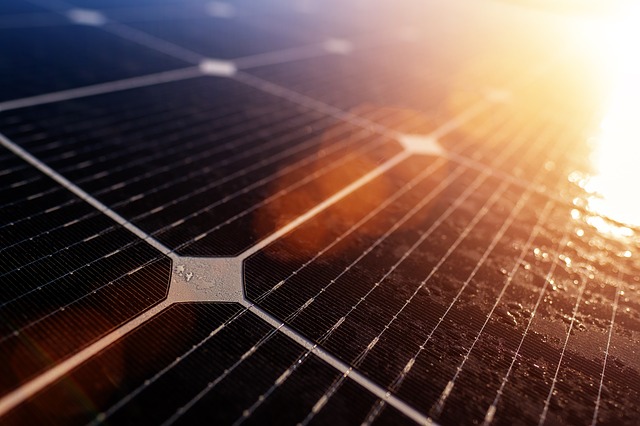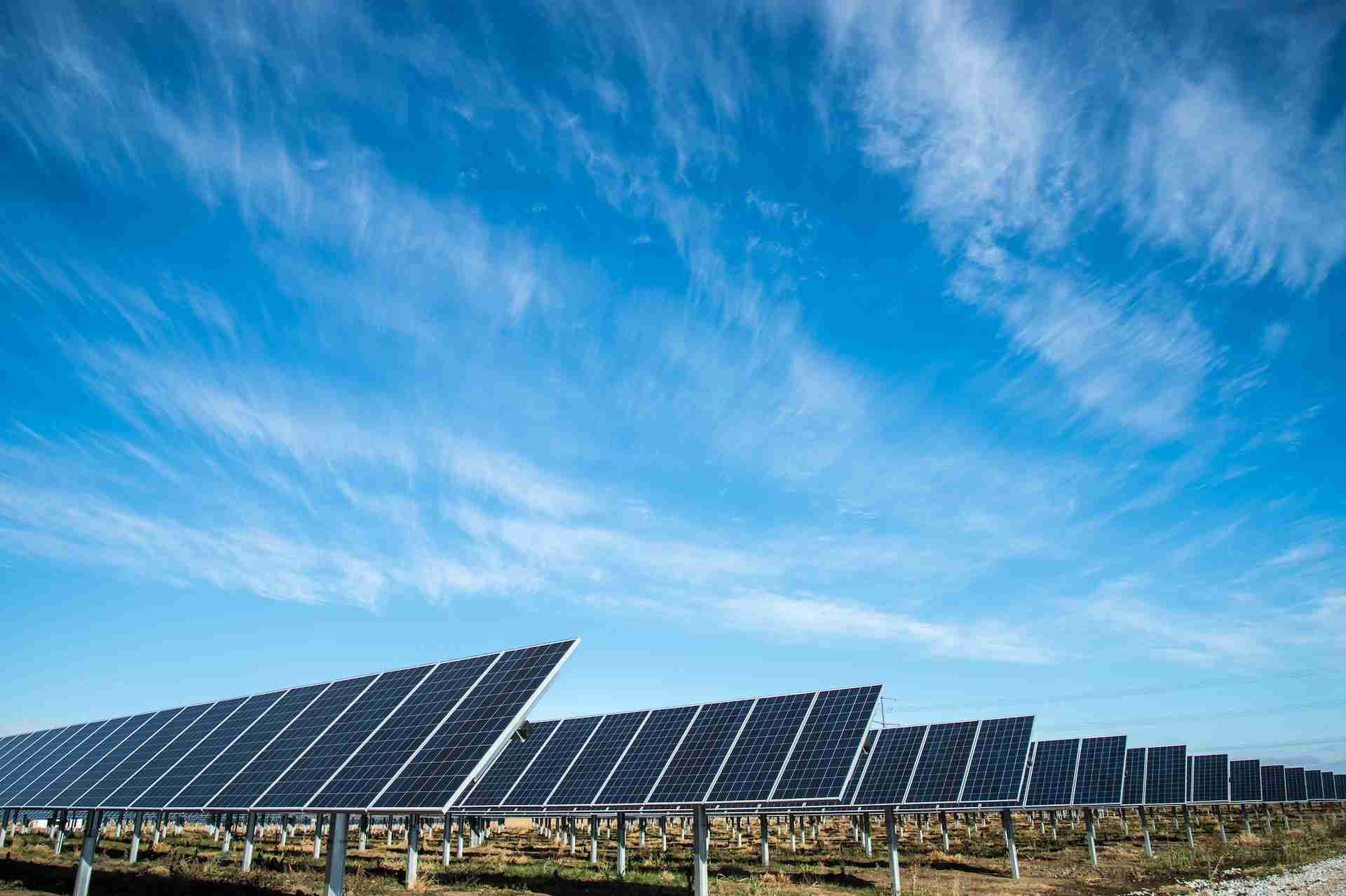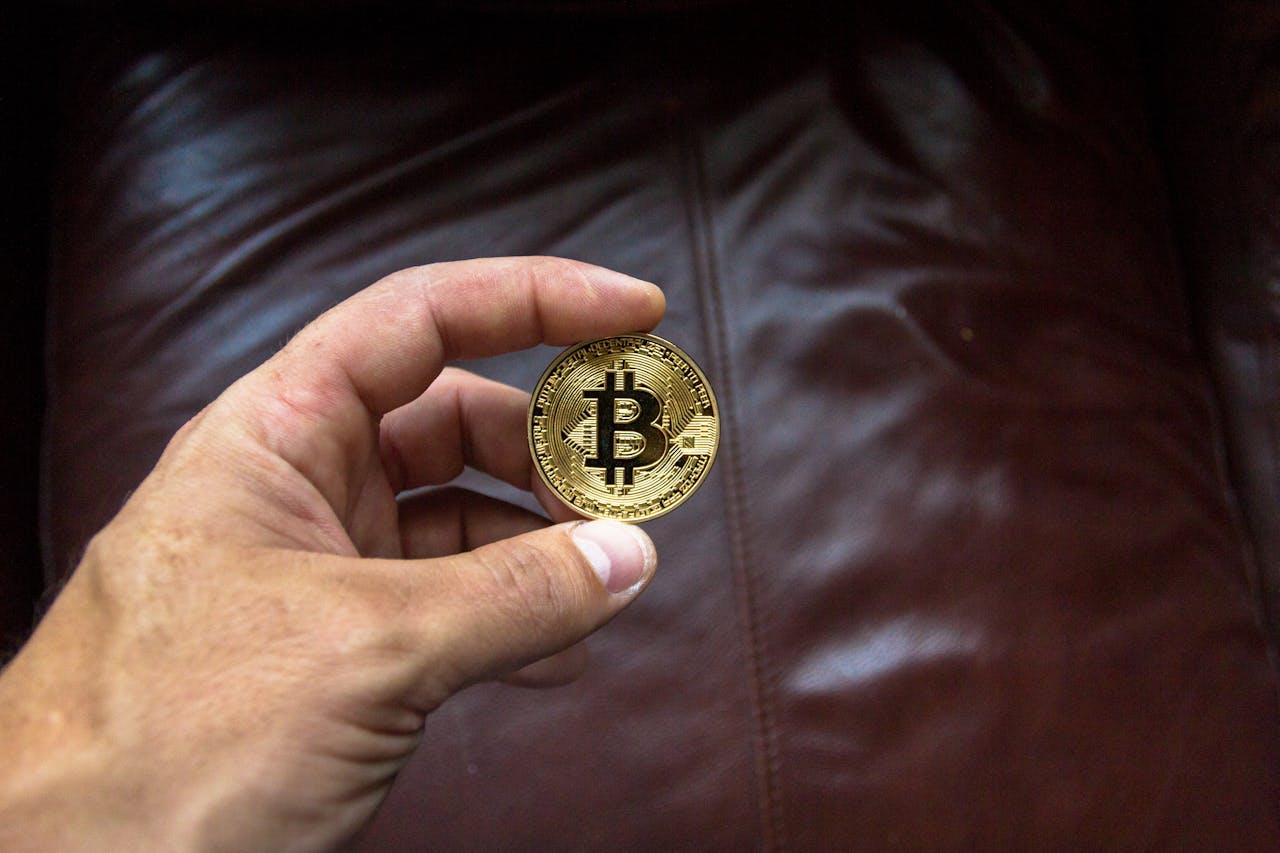

Malaysia is on the road to a flourishing renewable energy market as it has just approved USD 463 million (RM 2.07 billion) worth of investments from January to August this year, up by 33% of last year’s USD 306 million (RM1.37 billion) investments.
Despite an overall slower economic pace in recent years, Malaysian Investment Development Authority (Mida) deputy CEO II Datuk N. Rajendran said the country still continues to attract foreign direct investments. Mr. Rajendran noted that last year, Malaysia approved USD 8 billion (RM 36.14 billion) of foreign investments in manufacturing, services and primary sectors to boost the economy.
In line with the 11th Malaysia Plan, the prime minister announced an allocation of USD 58 billion (RM 260.8 billion) in the 2017 state budget for operating and development expenditure aiming to elevate the 40 percent bottom households to middle-class status. Of the total budget, a USD 10 million (RM45 million) investment plan went into a solar energy program – the MySuria Program.
The strategy acts as an initiative to improve the economic opportunities of the B40 group, which involves the Perlis government, Northern Corridor Implementation Authority, Gading Kencana Sdn Bhd, Energy Green Technology and Water Ministry and Sustainable Energy Development Authority.
Through this initiative, solar panels are to be mounted in more than 1,600 housing units to generate electricity. Each participant will benefit from earning up to USD 134 (RM 600) as extra income per month.

Moreover, Malaysia is expected to implement Net Energy Metering by next year, which allows self-consumption of electricity generated by solar PV systems, while selling excess energy to utility companies such as Tenaga Nasional Bhd.
Malaysia is on the list of the biggest winners in the solar energy sector by becoming the third largest producer of solar modules in the world, next to the European Union and China. The success is attributed to Malaysia’s generous tax breaks for investors, relatively low labour costs and abundance of English-speaking engineering talent.
Seeing the vast potential in Malaysia’s solar PV market, Norwegian global solar power producer Scatec Solar has partnered with Tenaga Nasional Berhad (TNB), Malaysia’s largest electricity utility, and a local ItraMAS-led consortium to sign three 21-year Power Purchase Agreements (PPAs). The partnership is estimated to be worth USD 300 million in solar projects.
The three solar PV projects will come up at Merchang, Jasin and Gurun in Peninsular Malaysia, with each of them spanning over 200 acres of land. Scatec Solar is likely to invest around USD 60 million in the projects for a 49% ownership stake. Once operational, all three solar parks are likely to deliver 285,000 MWh of clean solar electricity annually while cutting down 210,000 tons of carbon emissions per year.

The Latest Developments in Cryptocurrency Adoption in SEA
The cryptocurrency market in Southeast Asia (SEA) has seen exponential growth in recent years. The revenue of cryptocurrency in the region was around USD 1,384 million in 2023 and is expected to grow by USD 1 million in the next four years. Countries like Indonesia, Singapore, and the Philippines are at the forefront of this digital revolution. The region's young, tech-savvy population, coupled with increasing internet penetration, has created a fertile ground for the adoption of cryptocurrencies. Currently, the crypto market in SEA is valued at several billion dollars, with projections indicating continued growth.

An Overview of the Halal Cosmetics Market in Malaysia
The halal cosmetics market in Malaysia has been experiencing significant growth. It is driven by a combination of increasing consumer awareness, government support, and the rising demand for halal-certified products among both Muslim and non-Muslim consumers.

How Digital Marketing is Transforming the Automotive Lubricants Market in Southeast Asia
In recent years, digital marketing has emerged as a transformative force in the Southeast Asian (SEA) automotive lubricants market. The region's rapidly growing internet penetration and increasing smartphone usage have created fertile ground for innovative digital strategies. This evolution is reshaping how companies engage with customers and streamline their operations, offering numerous opportunities for growth and efficiency.

Exploring New Business Models for a Sustainable Future
Transitioning towards new sustainability business models can help companies drive positive change and contribute to a more sustainable future.